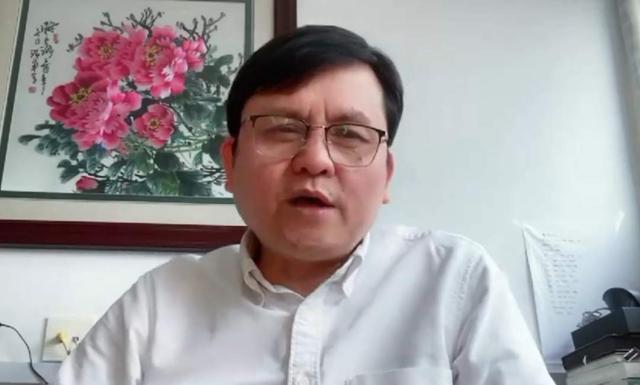Epidemic may end this year, says expert


This season may be the last "cold winter" China will experience during its COVID-19 fight, a renowned infectious disease expert in Shanghai said, expressing his faith in the nation's epidemic control measures.
"I am still very confident the COVID-19 epidemic will end by the end of this year," Zhang Wenhong, head of the Center for Infectious Diseases at Huashan Hospital Affiliated with Fudan University, said in an interview with China Media Group that aired on Saturday.
Zhang said an improved level of herd immunity among the general public will be established by vaccines as the year progresses.
He also expressed his confidence in the public's ability to fight the epidemic and in treatment measures.
"New drugs will also be put into use soon, and this may be the last 'cold winter' we have," he said.
On Saturday, Beijing's Haidian district reported a new confirmed case of COVID-19, making the capital the latest place in China to report a case infected with the Omicron variant of the novel coronavirus after Shanghai, South China's Guangdong province, North China's Tianjin and Central China's Henan province.
Although the Omicron variant causes fewer serious illnesses, Zhang warned that its virulence should not be overlooked.
"Some foreign experts estimated that Omicron could probably infect everyone, and I think the variant could still cause severe consequences," he said.
With a high rate of vaccination in the United States, the fatality rate of COVID-19 infections there is around 0.24 percent. That rate is about 2.4 times higher than that of seasonal influenza, Zhang said.
He emphasized the importance of receiving a booster shot as it could raise the number of antibodies and reduce the number of severe cases significantly, but he said it's too early to consider a fourth jab.
"Elderly people and those with lower immunity may consider getting a fourth shot in the future, but it's not urgent right now," Zhang said.
When asked about concerns about the Delta and Omicron variants of SARS-CoV-2, the virus that causes COVID-19, he said they are merely mutations of the virus, and all viruses change over time.
It would be a serious issue, though, if the virus mutated with other coronaviruses, Zhang said, but he added that this scenario is "very unlikely".
To give encouragement to people in China who may be unable to return home for the upcoming Spring Festival holiday, Zhang said people should be confident in China's ability to cope with any difficult situation, no matter how the virus mutates in the future.
"We should believe in China and believe in the rest of the world," he said. "We are going through the cold winter this year, but the next Spring Festival will no longer be cold. I hope all people can reunite with their family members and loved ones and give them a warm hug by then."
- US, Canadian politicians urged to stop meddling in Hong Kong's judiciary
- China has half of top 20 science cities: Nature Index
- Liaison office of central govt in HKSAR supports punishment of subversion activities
- China unveils further details of future manned lunar mission
- Taiwan's businesspeople, enterprises encouraged to seize development opportunities on mainland
- First village in rural reform wins UN honor




































